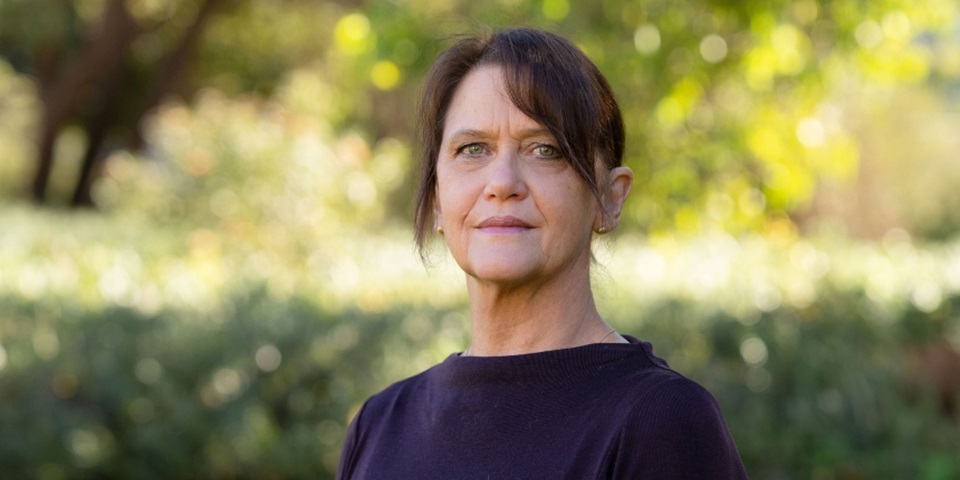News
Rare disease leader recognised with prestigious fellowship

Professor Sue Fletcher AO has been inducted as a Fellow of the Australian Academy of Health and Medical Sciences in recognition of her critical research into rare diseases.
Professor Fletcher’s pioneering work with Professor Steve Wilton has resulted in the accelerated approval by the U.S Food and Drug Administration of three drugs for Duchenne muscular dystrophy (DMD) and she continues to pursue new breakthroughs in the treatment of other rare diseases.
“It’s a great honour to be inducted, but one only made possible by a committed team of scientists in our laboratories and crucial funding by philanthropic organizations,” she said.
Professor Fletcher is based at the Centre for Molecular Medicine and Innovative Therapeutics – a joint research centre between Murdoch University and the Perron Institute. She also holds a fractional appointment at PYC Therapeutics, a Perth Biotech.
Her work on rare disease treatments alongside longtime collaborator, Professor Wilton, has developed drugs that trick cells into ‘skipping’ over disease-causing errors in genes - acting as genetic ‘whiteout’ - a type of therapy that may be applicable to potentially many other rare diseases.
However, Professor Fletcher says the future of treatments for rare diseases depends on building partnerships between academics, clinicians and industry, and securing the funding required for research.
“Now, more than ever, basic research is underfunded, yet without investment into early discovery, our capacity for future breakthroughs is limited,” she said.
Now, more than ever, basic research is underfunded, yet without investment into early discovery, our capacity for future breakthroughs is limited.”
Professor Sue Fletcher
“When you meet the people living with these debilitating conditions and their families, you appreciate just how crucial that is.”
Despite her legacy of research, Professor Fletcher has operated out of the limelight for much of her career.
Born in Zimbabwe, she completed her first degree at the University of Zimbabwe followed by a PhD at the University of Western Australia. Shortly after receiving her PhD, Sue married and when her first son was nine months old, her husband lost his sight, bringing additional challenges to juggling a young family and a career.
“As a woman in science, I say don’t ever think one deserves second best just because of family responsibilities or different family circumstances.”
“My policy is always to be a little bit kinder, a little more generous and a little more considerate than necessary in everything you do. Including to yourself – sometimes you have to actually do that as well.”
“The wealth of experience and diversity of expertise amongst our newest Fellows will allow the Academy to continue to provide an expert and authoritative voice that spans the full breadth and depth of health services, medical science, research and innovation in Australia,” said Professor Scheffer.
“Our Fellows include the nation’s top health and research leaders and I look forward to seeing the contributions that our 2022 Fellows make to ensure that Australia continues to have a robust and world-leading health and medical research and innovation sector.”
Professor Fletcher’s research contributes to United Nations Sustainable Development Goals 3 and 17.
For research news delivered to your inbox, sign up to our monthly newsletter.